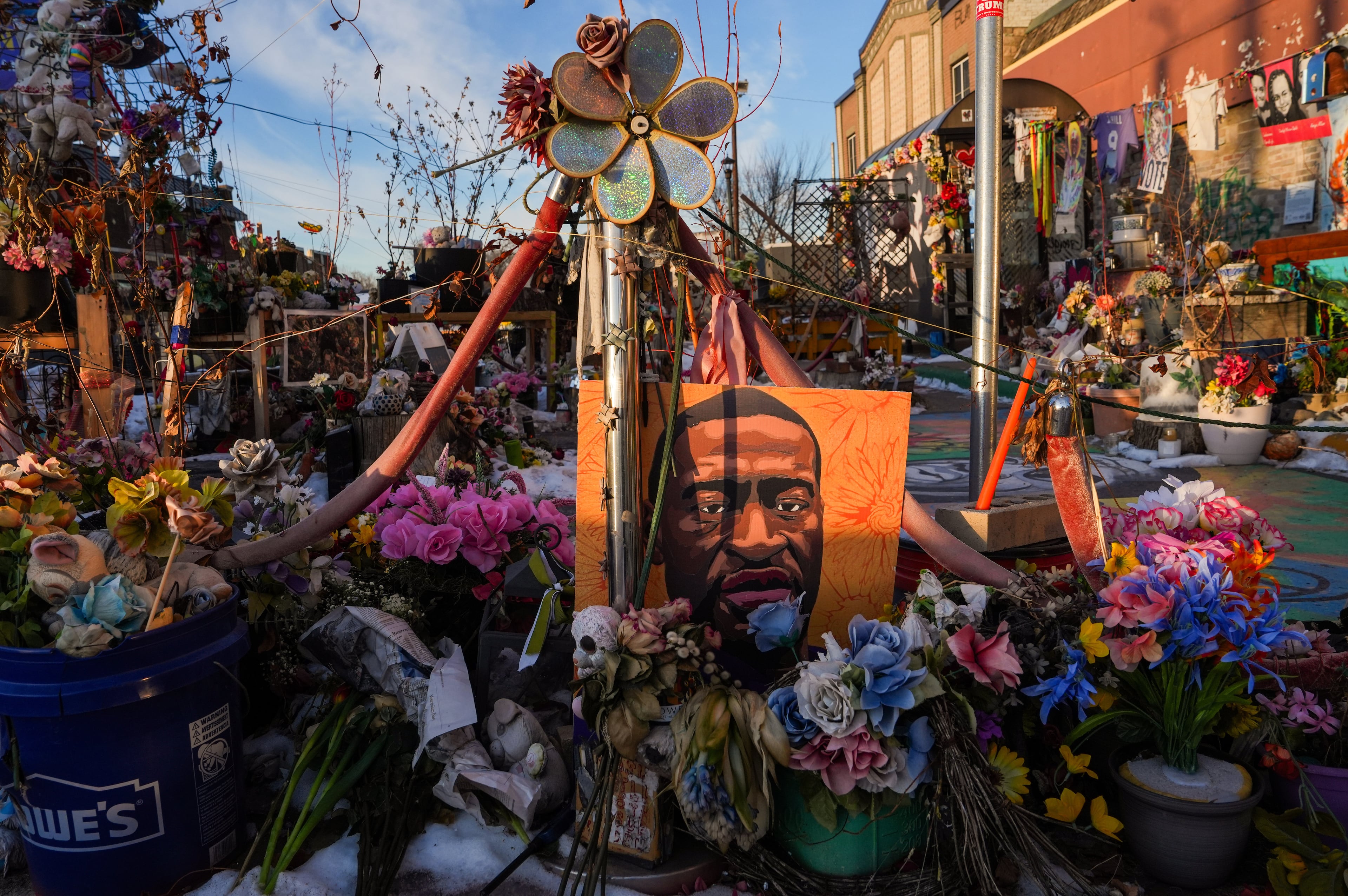American Jews have faced heightened antisemitism since Oct. 7

Some dates are seared into the collective consciousness. Franklin D. Roosevelt correctly noted that Dec. 7, 1941, when Pearl Harbor was attacked, would be a date that would live in infamy. Nov. 22, 1963, the day John F. Kennedy was assassinated, became so ingrained that Stephen King used it as the title of a novel. And for many of us, Sept. 11, 2001, continues to bring back memories of terrorists killing thousands and toppling the World Trade Center.
But if you ask most people in Atlanta about Oct. 7, 2023, you probably will get a blank stare. It was fairly typical here — a crisp autumn Saturday with bright blue skies and a high in the 60s, perfect for college football. Nothing that memorable.

Ask someone who is Jewish, though, and it is a different story. That day, when Hamas terrorists invaded Israel, killed 1,200 people and took 250 hostages into Gaza, is burned into our memory.
We soon learned how the terrorists tortured and sexually assaulted the victims. The terrorists recorded their atrocities and seemed joyful as they murdered innocent men and women, the elderly and children.
We were shocked as we saw a resurgent wave of antisemitism here in the United States. Less than a week after the attacks, we were seeing the proud display of swastikas and other forms of harassment and intimidation.
Sadly, The Temple, where I serve as senior rabbi, has a long history of dealing with antisemitism. Our congregant Leo Frank was lynched in 1915, and our building was bombed in 1958 by white supremacists upset that our then-rabbi, Jacob Rothschild, was a vocal civil rights supporter.
In the wake of Hamas’ attacks on Israel, we’ve had congregants receive antisemitic leaflets at their homes, and I’ve counseled several college-age congregants who are dealing with antisemitic harassment on campus. In May, when students at the Savannah College of Arts and Design decided to protest their school’s ties to Israel, they didn’t assemble in the middle of the campus or in a focal point of their community, but instead they gathered in front of the school and directly facing my synagogue. Predictably, they were screaming “From the river to the sea,” a term Congress deems antisemitic.
We can do more to protect our students. The Antisemitism Awareness Act should be picked up by the Senate and quickly passed. The bill would interpret Title VI of the Civil Rights Act of 1964 to protect Jewish students to the extent that they face discrimination based on perceived racial, national or ethnic characteristics. It is overwhelmingly supported by the Jewish community, and its House companion bill passed by a vote of 320-91.
In ways our non-Jewish friends might not realize, this has been an incredibly challenging year. Many synagogues had intense security even before congregants were murdered in a synagogue in Pittsburgh, or murdered in a synagogue in California, or taken hostage at a synagogue in Texas. With increased threats against the Jewish community this year, we’ve had to dramatically increase our security spending.
We’re fortunate that we haven’t had to pass additional security fees on to congregants, but I know other synagogues have. Still others had to put programs and priorities aside to ensure their safety. This is a trade off that is unsustainable; for smaller synagogues, it is unworkable even today. The Nonprofit Security Grant Program, which provides funding for religious institutions and nonprofits to supplement their security, has fulfilled only 43% of funding requests this year. As Senate Majority Leader Chuck Schumer, D-N.Y., said, “We must continue to advocate for more dollars until all the need is met.”
I remember feeling dismayed watching the SCAD protesters that May morning. But a pastor from a church across the street walked over, hugged everyone and just stood with us. I was so appreciative of that and wished that type of support happened more frequently.
Though Sen. Rafael Warnock, Sen. Jon Ossoff and Gov. Brian Kemp have reached out on numerous occasions to see how we are doing, so few others outside the Jewish community have checked in over the past year. When I asked why, they told me, “I didn’t know what to say.” The broader communal response to both what happened Oct. 7 as well as the rise of antisemitism was, and continues to be, silence. So many people have said nothing to this day.
So what can you do to help? For a start, reach out to your Jewish friends and tell them you understand how horrific Oct. 7, 2023, was for them. Tell them that you deplore the rise in antisemitism and that you challenge it whenever you see or hear it. Tell them you have their back. Mostly, just tell them that you understand that for Jews, everything changed one year ago.
Peter Berg is the senior rabbi of The Temple in Atlanta.


